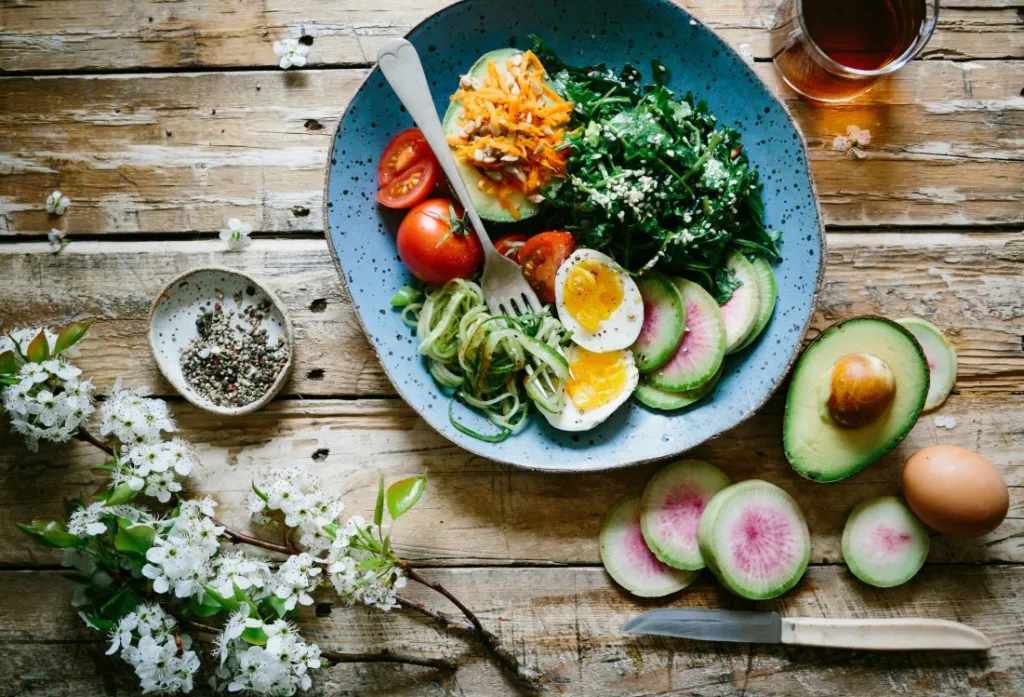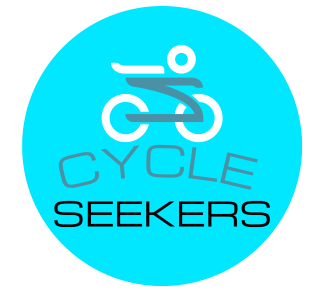Nutrition is a critical aspect of performance for road cyclists. The demands of long rides and intense efforts require proper fueling and hydration. Whether you’re a recreational rider or a competitive racer, understanding what to eat and pack for your rides can make a huge difference in your performance and overall enjoyment.
Carbs are King
Forget the atkins diet! Carbs are the primary fuel source for cycling. Before a ride, aim for a meal that’s rich in complex carbohydrates such as whole grains, fruits, and vegetables. These provide sustained energy and help replenish glycogen stores in your muscles. A balanced pre-ride meal might include oatmeal with berries, whole grain toast with almond butter, or a banana with yogurt.
During longer rides, it’s essential to consume easily digestible carbohydrates to maintain energy levels. Pack snacks like energy bars, gels, or homemade rice cakes to consume every 45 minutes to an hour, depending on the intensity of your effort. These snacks provide quick-acting fuel to keep you pedaling strong. Additionally, don’t forget to hydrate properly by drinking water or electrolyte-rich sports drinks regularly throughout your ride. Try and avoid easily off the shelf sugary items like candy bars. While they will definitely provide you with a boost, you also don’t want to negate the fitness benefits of riding with unhealthy foods.
You have the meats?
Protein is also crucial for road cyclists, as it aids in muscle repair and recovery. While protein requirements during rides are lower than carbs, it’s still essential to include some protein in your post-ride meal or snack. Foods like lean meats, fish, eggs, tofu, or Greek yogurt can help replenish your muscles and support recovery. That being said, protein is not a strict requirement to succeeding in a healthy way on the bike. We’ll have some articles coming soon related to veggie and vegan snacks optimized for cycling.
Hydration station
It might go without saying, but don’t overlook the importance of hydration! Dehydration can impair performance and increase the risk of cramping and fatigue. Pack enough water or sports drinks to stay adequately hydrated throughout your ride, especially on hot or humid days. Consider adding electrolyte tablets to your water to replace lost minerals through sweat if its particularly warm or if your ride is extensive.
After the Ride
In addition to fueling during your ride, it’s essential to plan for post-ride recovery. Aim to consume a meal or snack within 30 minutes to an hour after finishing your ride to replenish glycogen stores and kickstart muscle repair. A balanced post-ride meal should include a combination of carbohydrates and protein, such as a turkey sandwich on whole grain bread, a smoothie with fruit and protein powder, or a bowl of quinoa with vegetables and grilled chicken.
Conclusion
When it comes to packing food for your rides, consider the duration and intensity of your ride, as well as your personal preferences. Opt for portable, easy-to-eat options that provide a mix of carbohydrates, protein, and healthy fats to sustain your energy levels and support recovery. Experiment with different foods and timing strategies during training rides to find what works best for you, and don’t forget to listen to your body’s hunger and thirst cues while on the road. Its also useful to plan for snacks and meals that are easy to clean up, there are few things as gross and annoying as sticky handlebars. By prioritizing nutrition and fueling properly, you will optimize your performance and enjoy your time in the saddle to the fullest extent! Nutrition for road cyclists doesn’t need to be boring either. Stay tuned for further articles and collaborations with several nutritional experts.


